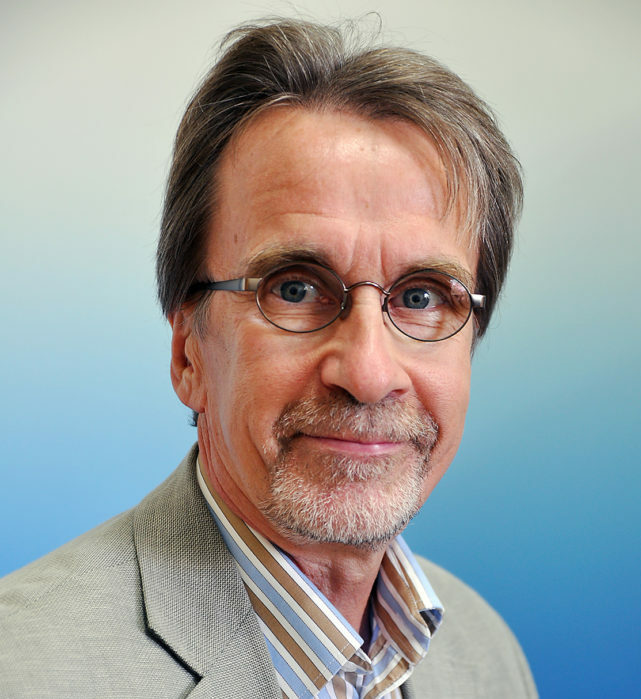Open Dialogue
“The idea of Open Dialogue … is to meet with the full human being in their relational context, in which the specific ‘symptoms’ are secondary.” — Jaakko Seikkula
Developed by Finnish clinical psychologist Jaako Sekkula, Open Dialogue is a social-constructionalist approach to working with severe kinds of psychological and emotional distress and crises1. Originally developed for working with people struggling with altered states and unusual experiences/beliefs, Open Dialogue has gained international consideration and has since been utilized to work with many different types of acute situations.
Open Dialogue follows seven distinct key markers that sets it apart from traditional psychiatric interventions. Following a person-centered, person-in-environment, and strengths-based approach that allows for flexibility around individual context, Open Dialogue is one of the most innovative forms of intervention in the mental health field today.

